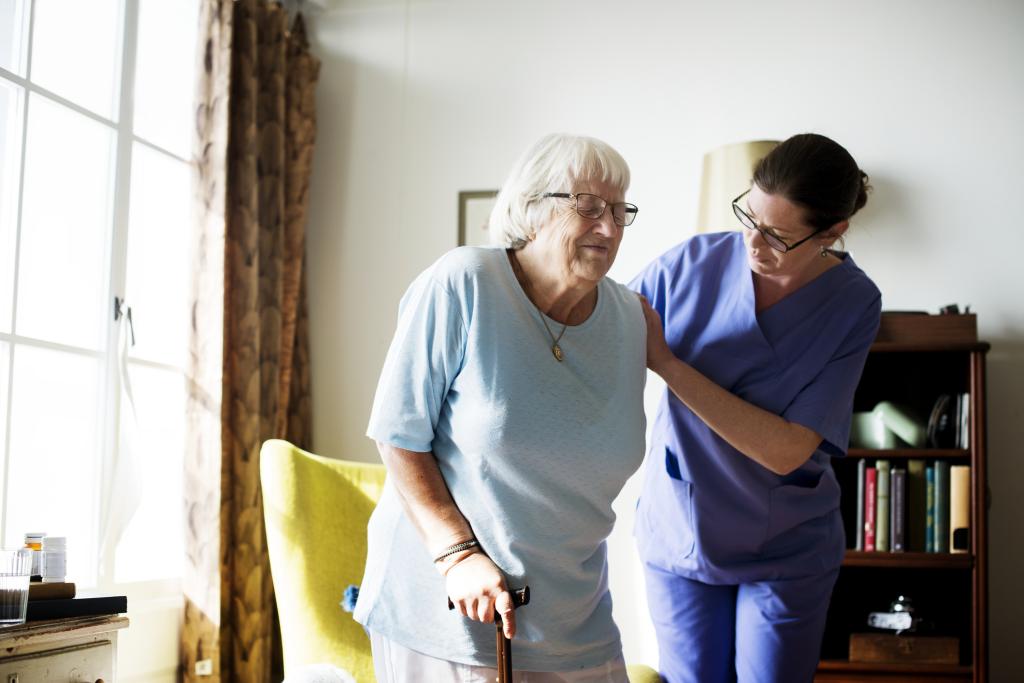
Guest author Ali Al-Mufti, managing director of Arcadia Care Homes and operator of Aria Care Home in South Wales, shares how they increased pay by 30%. A bold move, Ali explains why they did it and how this has benefited retention and improved care.
In April 2023 we took a leap of faith. Despite being a small, 28-bed care home we decided to take a risk for no other reason than it felt like the right thing to do and long overdue.
We increased our rates of pay by 30% across the board. To make it work, we also had to raise the fees for residents by an equal amount. No mean feat when you need to communicate your plans with your stakeholders.
Care homes, like most of the world, are built on numbers. Payroll, occupancy rates, fees these things usually dominate the conversation. But this particular decision wasn’t just about balancing books. It was about trying to answer a deeper question: What happens when you genuinely invest in people?
Steve Jobs said, “If you do the right things on the top line, the bottom line will follow.” I believed him, I just didn’t have the confidence until now to follow him. But I’d grown tired of trying to balance books without ever really seeing a genuine return on those efforts. I was bored of waiting for the sector to deliver all the things it said it would.
So, in that leap of faith, we held our breath and made the first move.
The changes came fast. Agency staffing disappeared, quite literally, overnight. Before the pay rise, filling shifts was a constant battle, often relying on agency workers who, while competent, didn’t know the residents in the same way the full-time staff did. After the pay rise, agency use dropped to zero and has stayed there ever since. Consistency became the new normal. Faces became familiar, and the rhythm of care started to feel smoother, and more personal.
Retention climbed too. From 85%, it soared to 99%. Imagine a care home where nearly every team member you see today was there last week, last month, last year, and the year before that. Residents noticed it. No more revolving door of caregivers. The people they built relationships with were staying, and those bonds began to strengthen.
Recruitment became an unexpected benefit. Triple-digit numbers of applicants began arriving for roles that had previously been tough to fill. Being able to advertise a pay rise that dwarfed our competitors meant even the dreaded night shift became a pleasure to recruit for.
But the numbers alone don’t tell the full story. You could measure the changes in charts and graphs, but something more intangible began to happen. As the team stabilised, something as vital as retention, though harder to quantify, became evident: trust. It rippled out from the staff to the residents. People who once felt that they were “just getting by” in a care environment began to thrive.
Falls, a common and dangerous risk in elderly care, dropped dramatically. Since the start of 2023 they’ve dropped by an astonishing 89%. But perhaps even more staggering was the impact on mortality. Deaths dropped by 75% in 2023 and by another 50% so far in 2024.
Numbers like these make you pause. They’re hard to believe until you understand what’s really happening behind them. In Netlfix’s Blue Zones documentary, it’s demonstrated that human relationships – the bonds people form – are what help them live longer, healthier lives. In our care home, the 99% retention rate meant residents weren’t just familiar with their caregivers, they trusted them, relied on them, and in many ways, became connected to them like family.
The care home didn’t just survive after the pay rise. It redefined what care could look like. Higher wages had become an investment in the very people who made the place run. More importantly, it became an investment in the lives of the residents themselves.
And sure, the math mattered. Higher pay led to higher retention. Higher retention led to better outcomes. But what really happened was that a place that was once simply a care home had become a community, a space where staff and residents were bound together in ways that defied the spreadsheet.
It’s no longer about the daring 30% pay rise or the adjustments to the fee structure. It’s about the lives that are safer, happier, and longer because of it. Our team has that little extra financial security in their lives, which means that little bit less stress they need to carry.
For a small, independent home it was high risk to try and make such a quantum leap in fees and pay in one move. Truthfully, I had no idea if it would work or if I’d be handing the keys to someone else in six months. I go back to what I said at the beginning, it simply felt like the right thing to do. For our home it was transformative, and we hope it will be for others too.
Ali Al-Mufti is managing director of Arcadia Care Homes, operator of Aria Care Home, an award winning dementia care home based in Newport.